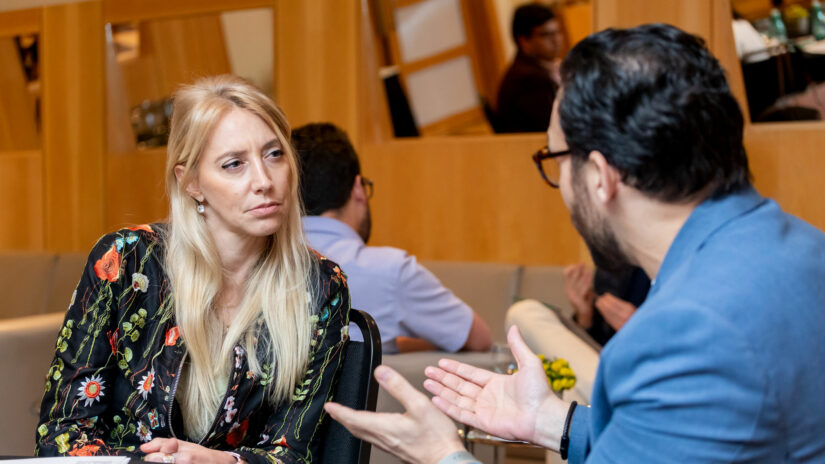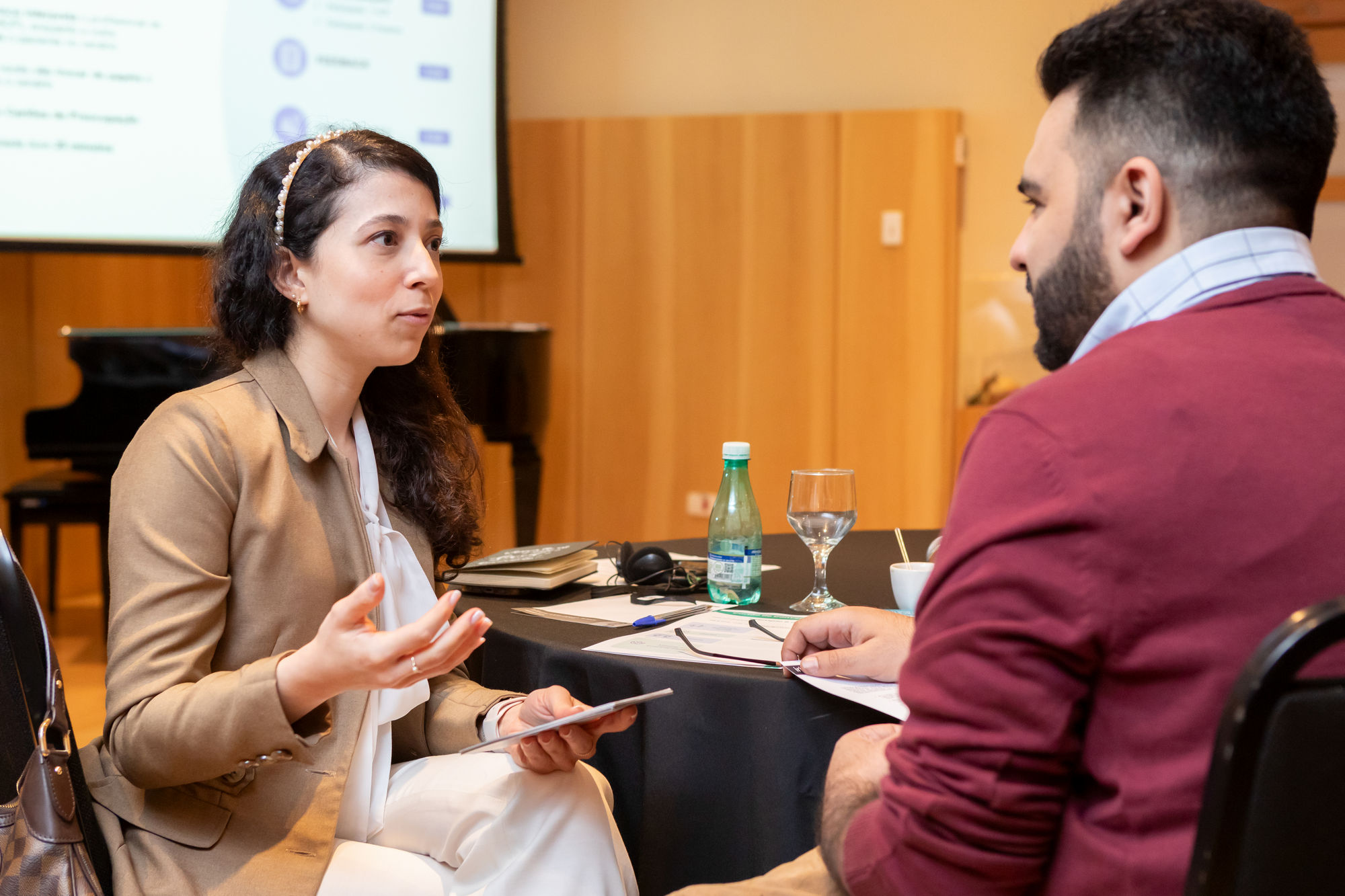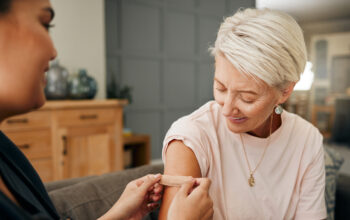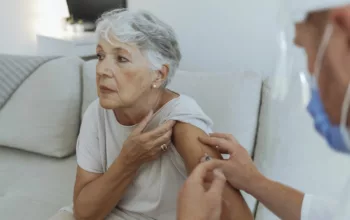How empowering healthcare professional voices can build public trust and vaccine uptake

To resuscitate public trust in vaccines and recover immunization rates we must change the way we communicate public health. A global program is blueprinting a way forward, starting with healthcare professionals.
The COVID-19 pandemic and accompanying infodemic, in which widespread proliferation of disinformation overwhelmed people with misleading information, exposed major deficiencies in public health communications around the world. Many people didn’t vaccinate because they were not sufficiently informed and reassured by reliable health information. It may be hard to imagine we could ever rebuild healthy vaccine information environments. But we can get on the front foot if we learn from the lessons of COVID-19 and follow good science and practice to build better systems of health communication.
Irimi and local partners, with the support of IFPMA, are trialing an approach to develop a chorus of effective, trusted healthcare professional voices in a country, an essential first step towards a healthier health information environment that can support people to make an informed choice about their health.
Our truths come from the trustworthy
Why start with healthcare professionals? Behavioural science tells us that who we get our information from is as important as what that information is when we are making health decisions. In a noisy world we hear a cacophony of information from myriad sources, but we believe the information coming from the trustworthy voices. When knowledge comes from someone who is competent, credible and caring – trustworthy – we are more likely to incorporate it in our thinking. The most trustworthy profession is frequently found to be doctors – 60% of respondents agreed with this in one recent multicountry study.
Not surprisingly then, a recommendation from a healthcare professional is one of the strongest drivers of vaccine uptake. However, doctors and other healthcare professionals may need support to communicate effectively with patients, families and communities on vaccination and other health behaviours.
Empowering healthcare professional voices
Health professionals usually receive little professional training on vaccines, and they must stay current with new vaccines and vaccine technologies. We are mapping and consolidating best-in-class online courses and communications assets on vaccines, vaccinology and vaccine communication, and will make this repository open access on Infodemiology.com to help HCPs anywhere update their knowledge on vaccines.
However, the core element of this program is focused on providing HCPs with the competencies to communicate on vaccines more effectively. Yes, communication is a skill we can learn, and doctors are not usually trained in it. In June 2024, we partnered with the São Paulo Medical Association (Associação Paulista de Medicina; APM) for two days of training aimed at helping Brazilian doctors develop their communication skills in person and online, and learn how to train other health professionals.
The first cohort of trainee trainers, 15 mid-career doctors practicing in multiple specializations, learnt the AIMS methodology, which I developed with Professor John Parrish-Sprowl of Indiana University specifically for vaccination conversations. The program teaches effective vaccination conversations using a simple, powerful conversation algorithm – Announce, Inquire, Mirror, Secure – and is grounded in behavioural and communication science. After learning the AIMS approach, participants put the theory into practice in role plays, so they could really feel how speaking to someone differently can affect that person’s openness to new ideas.
The AIMS technique was a real surprise for me, and the most important aspect for me was [inquiring and] mirroring, trying to understand the real feelings of the person as a way to work with people who are hesitant to have vaccines or give them to their children, said a participant.
On the second day, 17 doctors learned how to build a presence on social media. Most of the trainees were already social media influencers – in fact we estimated that collectively they had over 1 million followers! Built out from the online Infodemiology Training Program (ITP) developed by the public health nonprofit Public Good Projects, the module teaches how and why information spreads and sticks, and how to systematically build the reach and influence of their personal accounts.
More and more disinformation is growing on social media and more and more charlatans are becoming communication experts…[and]… the most important thing is to teach other doctors, other scientists to communicate, so that our voice is dominant in these networks, said a participant.
Very positive feedback from the trainees makes us confident that there is now a cohort of motivated trainers ready to multiply trusted voices in the Brazilian vaccine discourse through cascade trainings with other APM members, and hopefully across Brazil. And as the program now moves to Japan this year and we explore possible implementation in two other countries in 2025, we are blueprinting the entire process for any country that also wishes to start reshaping the public health conversation.

Author






